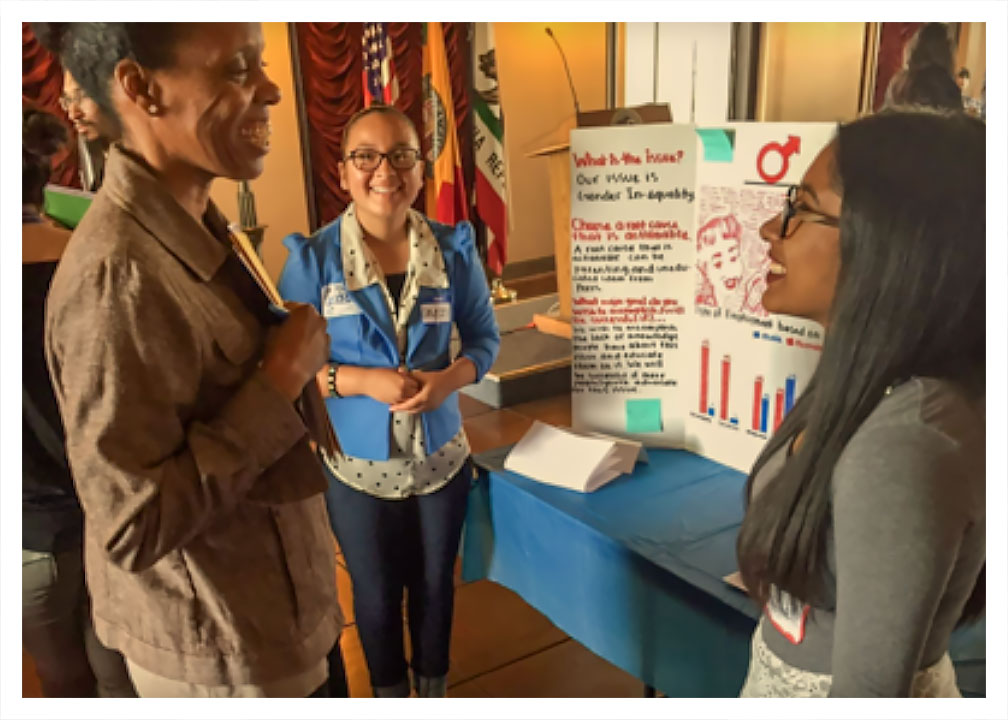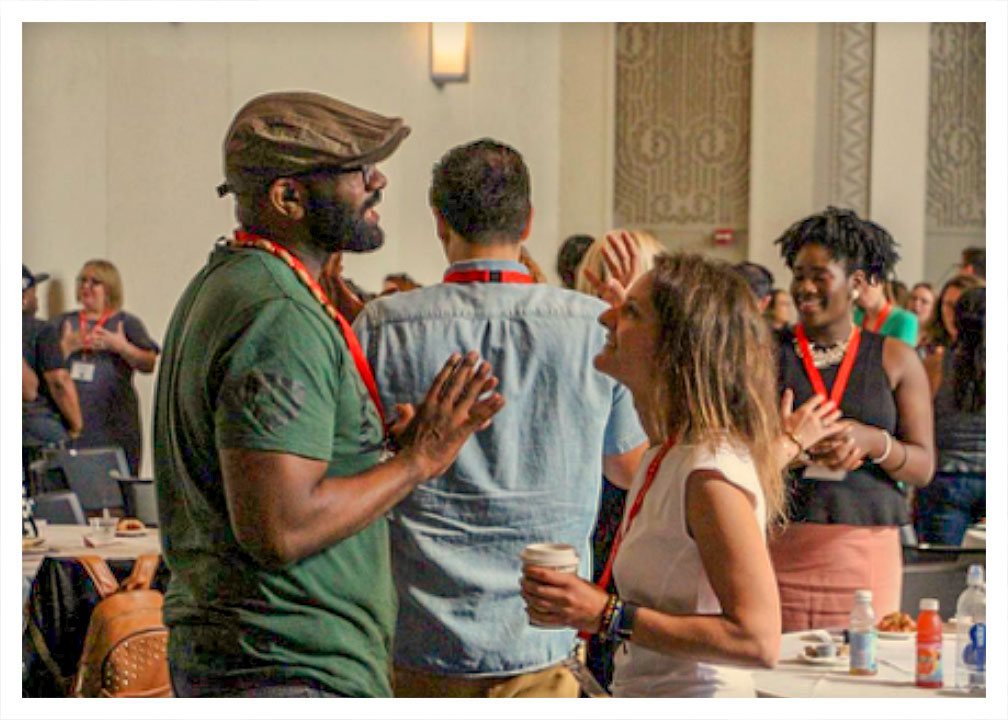Overview
Preparing students for informed, skilled, and engaged participation in civic life is a key goal of social studies education and is addressed throughout the California History–Social Science Framework and History–Social Science Standards. A constitutional democracy and its institutions depend on citizens and community leaders who know how government works, get involved in local decision-making processes, vote, have a sense of community responsibility, stay informed about and make evidence-based decisions about public issues, respect the rights of others, participate in public affairs, and seek the betterment of their communities, state, and country.
Schools that support high-quality civic education programs provide students with opportunities to be engaged, motivated, and committed to their educational progress and community involvement. Civic education addresses real-life issues and helps students understand the connections between the past and the present and between the present and the future.
The components of civic education include knowledge and foundational content, cognitive skills, participatory skills, and dispositions that enable citizens to engage effectively in political and civil society. High-quality civic learning also connects students to real civic life. Students can learn positive involvement through participation in actual governmental processes, such as working at the polls or volunteering in an election campaign, attending and analyzing legislative or administrative public meetings and hearings, visiting courts and attending trials, and communication and interaction with policymakers. Students should be presented with opportunities for school and community involvement through service-learning aligned with the curriculum, action civics projects, class discussion and debate, and participation in school governance.
Through the Content, Literacy, Inquiry, and Citizenship project, the Mikva Challenge is creating resources for educators to support teachers and their efforts to foster greater student advocacy outside of the classroom.
Helpful Resources to Consider
Mikva Challenge
Mikva Challenge develops youth to be empowered, informed, and active citizens who will promote a just and equitable society. Using Mikva Challenge’s Issues to Action curriculum, teachers empower students with the skills, knowledge, and confidence to be “superstar citizens” and community leaders. Please note: Some resources on this site are fee based.
Project Soapbox
Project Soapbox is a public speaking competition facilitated by Mikva Challenge that calls young people to speak out on issues that affect them and their communities. These powerful speeches have lasting, transformative impacts on classrooms, schools, and communities. Check out Soapbox Nation to participate and download a free copy of the Soapbox unit.
National Action Civics Collaborative
The National Action Civics Collaborative (NACC) believes in the power of young people. Youth are not apathetic about their communities, they are uninvited. NACC organizations employ Action Civics–an experiential, youth-centered approach to civic education–to create a world that invites young people to take collective action inside and outside the classroom–transforming their schools, neighborhoods and cities.


